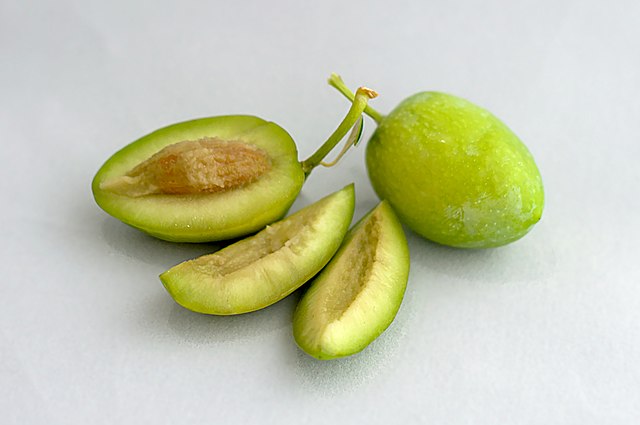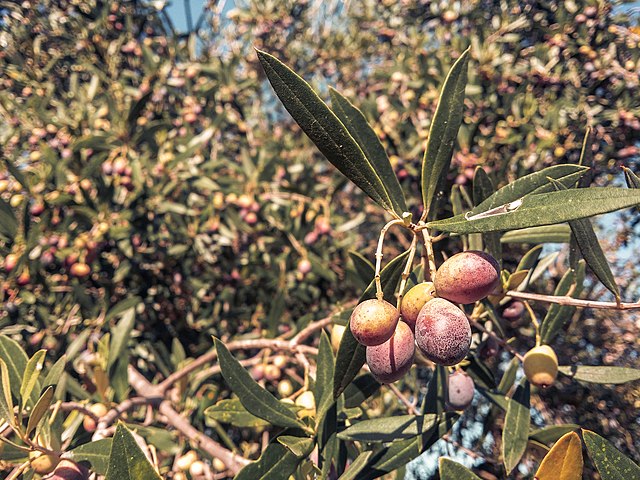With 30% of its cultivated land dedicated to olive growing, Tunisia is the most important olive-growing country in the Mediterranean region.

Socio–economic importance
In Tunisia, olive cultivations play a vital role in its social and economic life and account for over 15% of the total value of the final agricultural production of the nation. The Tunisian olive sector provides both a direct and indirectly livelihood for over 1 million people.
Resources and location
According the sources, Tunisian olive resources are estimated to be over 65 million, with trees being cultivated in 16800 ha. One can also explore expansive olive groves and orchards while staying in Tunisia resorts including the likes of The Residence Tunis as well.
Production and Yield
In terms of volume, Tunisia is recorded to be the world’s second producer of olives. Generally, the average yield of olives fluctuates by region. However, on an average Tunisia currently produces 100 000 tons of olive oil a year.
Sector transformations
At the moment there are over 1517 working olive oil mills in Tunisia. Thanks to the modernisation in the sector coupled with the improvement of cultural practices, producers have been able to obtain a better product in larger quantities.

